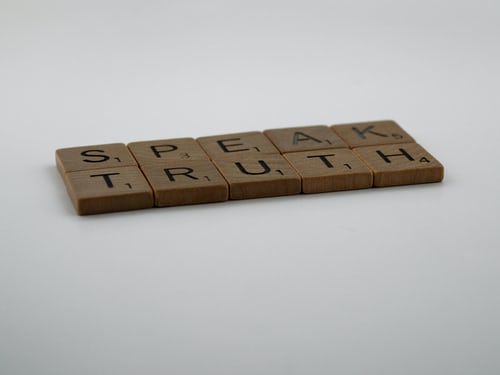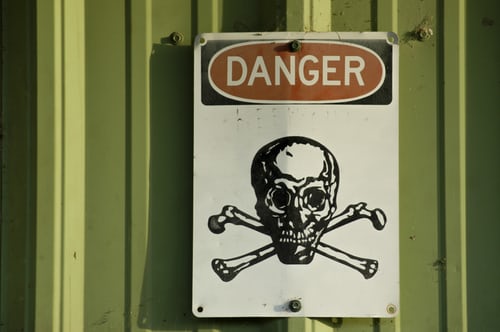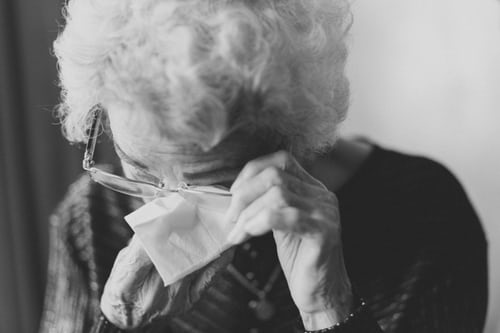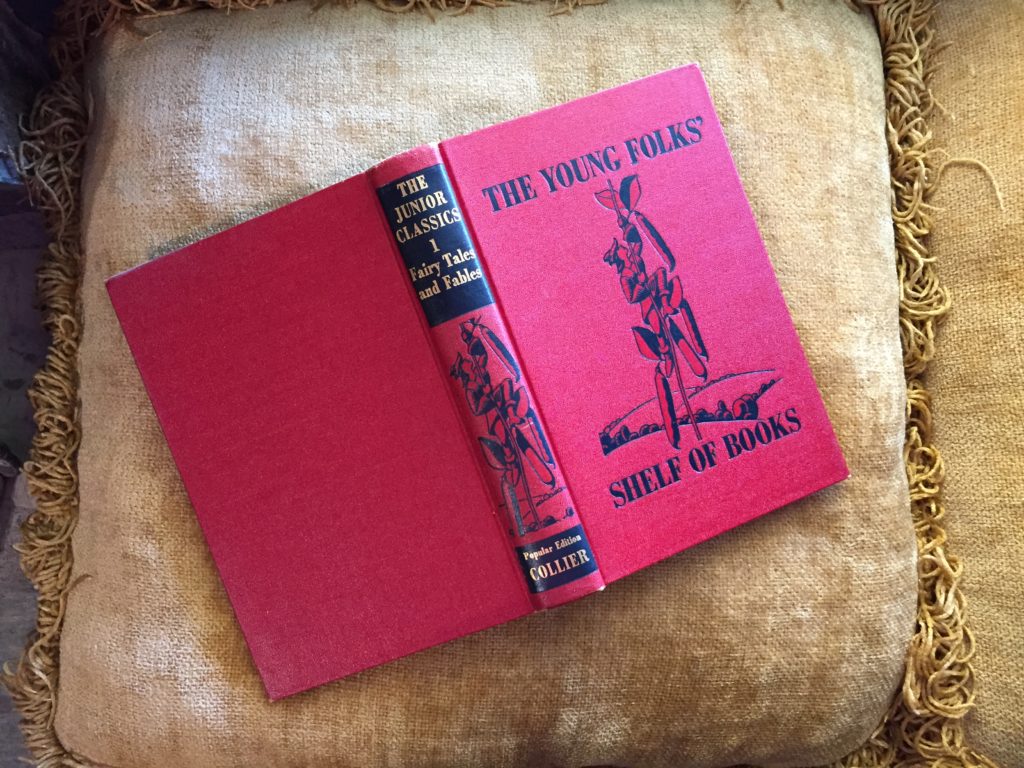The term seemed to have erupted last year, when COVID was overwhelming everyone’s life and exhausting us mentally, physically and spiritually. A Google search will produce pages of articles on it. Maybe you’ve heard of it.
Toxic positivity.
It’s not an official psychological diagnosis or academic term, but it’s gaining ground and being used to push back against the positive thinking teaching running rampant, until COVID roared onto the global scene.

What is toxic positivity?
A simple definition of toxic positivity, provided by What’s Your Grief?” is:
“Promoting the ideal or goal that no matter the circumstances, one should always and only maintain a positive, happy, or optimistic mindset.”
In other words, always, and at all times be “Happy, happy, happy!
Examples of toxic positivity—
Have you ever expressed your grief, frustration or heart-felt pain to someone and had them respond with:
“Well, you need to stay positive!”
“Keep focusing on gratitude and being grateful.”
“Look on the bright side.”
“It was God’s will.”
These responses are pretty difficult to hear and take when you’re experiencing painful, complex emotions in grief, trauma or due to another deep hurt. And the comments are usually not helpful. In fact, they may cause you to retreat inward, feel guilty or disillusioned, and to avoid sharing your emotions with anyone. And that can stunt or hamper your healing.

Why the sudden positivity backlash?
2020 tossed all of us into the same suffering path, crammed us into similar shock, disillusionment, frustration and fear of the unknown. In one earth-sweeping stroke, the world was brought to its knees, we learned just how puny and helpless we really are, and we got stamped with identical suffering—alarm, and maybe a hefty dose of fear.
To be sure, all of us experienced different depths of emotions as we watched the world succumb, friends and family members—or even strangers—get sick and recover, or get sick and die. Or watched as our part of the world boarded up into a ghost town. Or we were sent home to quarantine and work, were told to stay home permanently, watched helplessly as our world imploded, were robbed of our livelihoods, or we drained our emergency savings accounts and nervously awaited relief checks—so we could keep the house lights on and purchase groceries. Or we took a number on the unemployment line.
Who among us didn’t learn how to ZOOM in short order, just to stay connected?
And this is where the pep talks started to beat some of us down, or rile us up:
When we were told to stay upbeat in the midst of it, sing, smile, and focus on hope.
It could all sound pretty tone deaf and shallow, especially when the media and government haves were telling the have-nots how to think, feel and act. And to stop living.
While this advice was well-meaning and had some merit, sometimes it came off as being toxic and unrealistic. And that’s what toxic positivity does. It encourages us to ignore the pain, the hard things, the gut-wrenching emotions that MUST be acknowledged and worked through in order for complete and satisfying grief and trauma healing to occur.

Benefits of positivity—
I’ve written extensively on my blogs about the benefits of positive thinking and gratefulness. I extol them and follow the advice of St Paul to bear all things and hope all things—the ways to put love into action. So I’m not advocating automatically rejecting and tossing all of the positive, gratitude-focus advice.

So what’s the problem with being positive?
The problem arises when we’re too quick to offer unsolicited advice or cheerleading. When our mouths run ahead of our brains, and we’re trying WAY too hard to be helpful, even when we haven’t been asked for help.
As loving supporters of a grieving person, we need to be aware of and sensitive to the appropriate time to give positive comments and encouragement, like after the honest recognition of the agony or grief. We must not deny or ignore the suffering. It’s so important that we say, “I hear your pain. I see your agony.” Even if we can’t say, “I understand.”

Get the healing order right—
When we’re suffering, we’re usually anxious to get to the healing, the light at the end of the tunnel. We don’t want to hurt. And we don’t want others to hurt, either.
But as the good folks at What’s Your Grief? wisely point out: in order for a rainbow to appear, there must first be a storm.
You don’t get to bypass the storm or rain in order to enjoy the rainbow.

Toxic positivity to the extreme—
Can you imagine if you heard a friend say,” My husband is dead. Life is great!”
Wouldn’t that sound a bit wacky to you?
What she might want to honestly express is: “My husband is dead, and my heart is broken. I feel disoriented, lost. So alone.” In which case you can listen to her, hear her, weep with her.
As her healing progresses, she might feel more comfortable saying, “My husband is dead, and my heart is broken. But I know with the mercy and goodness of God, and help of loving, patient friends, I will heal and once again—one day—have a joyful, fruitful life.”
She’s not denying the obvious or its accompanying pain. She’s viewing life realistically, with a focus on her mental health, the present reality, and a healthy hope for the future.

Be an honest griever—
As a griever, be honest with yourself, about what your heart and mind are going through, while recognizing there is a road map to a brighter future.
And remind yourself that a critical part of that roadmap is taking some time to think about, pray about and plan your grief journey, so it’s as effective as it can be.
Where are you now? Where do you want to go? How are you going to get there? (We’ll explore these questions in more depth in another blog.)
You might have some horrible terrain to slog over in the beginning of your journey. And, yes, you might experience a few breakdowns and stalls. But as you press on with constructive meditation, support, and purpose, the road will get easier or smoother, brighter, and look more purposeful.
And as your emotions are identified and worked through, the journey will get lighter. The luggage will be easier to carry.
Never forget there is purpose in your grief work.
But toxic positivity forces or requires you to rush through that journey. And when you rush through any journey, you’re prone to ignoring warning and danger signs, traveling when you’re exhausted, or ignoring the dashboard warning light telling you the car is overheating or the oil is dangerously low. You might grab the duct tape to patch things together, which means the journey will be tougher. And dangerous.
And maybe you won’t even be able to arrive at your desired destination.
You’re taking too many risks and not living honestly with your emotions.
And you’ll definitely miss what lessons God has for you along the journey.
It’s about looking to your physical, emotional and spiritual well-being.

Scared of those tough emotions?
Others are frequently scared or uncomfortable of our grief emotions. They want them to go away, or be fixed. Fast. Hence, the toxic positivity statements.
But sometimes we grievers are prone to giving ourselves pep talks because we’re afraid of facing our difficult emotions. I encourage you not to be repulsed by the inevitable moments of desperation and despair. The deep sadness that accompanies grief.
These emotions are normal. They remind us we’re human. And humans need to embrace both the hard and positive stuff in order to be made whole.
In the coming weeks, we’ll dive deeper into the benefits of being positive and the negatives of being toxically positive. We’ll also learn coping techniques for dealing with our own and others’ too positive-too soon words and actions, and how to respond to others when they dish out that toxic positivity.
I hope you can join me!

Invitation—
If you’re grieving, take time to journal and jot down the emotions pouring through your heart. Make note of how they make you feel physically and spiritually. Practice being aware of them without trying to talk them away.
Until next week, be hopeful in all things, but always give yourself permission to hurt and grieve, when it’s right to do so.
Blessings,
Andrea
“Beloved, I pray that you may prosper in all things and be in health, jut as your soul prospers.”
Andrea Arthur Owan, M.S., A.T., R., is a health and fitness pro, speaker, award-winning inspirational writer, memoirist, and senior-ordained chaplain (IFOC). She helps people thrive physically, emotionally and spiritually, and recover from grief, loss and trauma.












